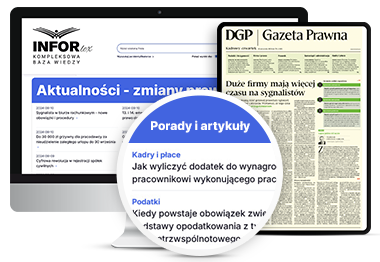The Russophobes Were Right. But – So What?
As a result of the outbreak of the war, many decision-makers have learned more about Central Europe than over the past 20 years. Our region has become the coordinator of aid to Ukraine. Has its political importance increased?

Poland is the undisputed leader and coordinator of aid to Ukraine. Logistical channels, through which supplies are continuously flowing to the fighting Ukraine, run through our country. Every day, more supply planes arrive at Rzeszów's Jasionka airport. Politicians also arrive here to board a train in Przemyśl and travel on to Kiev. Other countries in the region are not idle, either. Lithuania, Latvia, and Estonia are allocating over 1% of their gross domestic product to aid for Ukraine.
According to UN data as of 7 February 2023, the number of refugees from Ukraine registered in European countries exceeded 8 million. 4,830,738 of them applied for international assistance in one of the EU countries. More than 1.5 million did so in Poland, which provided them with immediate access to health care, the labour market, education and above all: her citizens welcomed the refugees into their homes. “This is all very much recognised and appreciated from a European perspective, both in the aspect of humanitarian and security policy", emphasises Eugeniusz Smolar of the Centre for International Relations.
“From the German perspective, the scale of the unconditional aid that Poland provided to Ukraine at all levels: state, local government, non-governmental or human, was something unbelievable", says Dr Anna Kwiatkowska, head of the German Department of the Centre for Eastern Studies. She explains that for years, the discourse in Germany was dominated by the myth of Poles as xenophobes and nationalists. It was a result of, among other things, media coverage after the migration crisis of 2015 and 2016, when Poland (along with other Visegrad countries) opposed the migrants relocation mechanism. By the way: disagreement with EU migration policy and not being open to newcomers was one of the few ties that cinched the region together.



